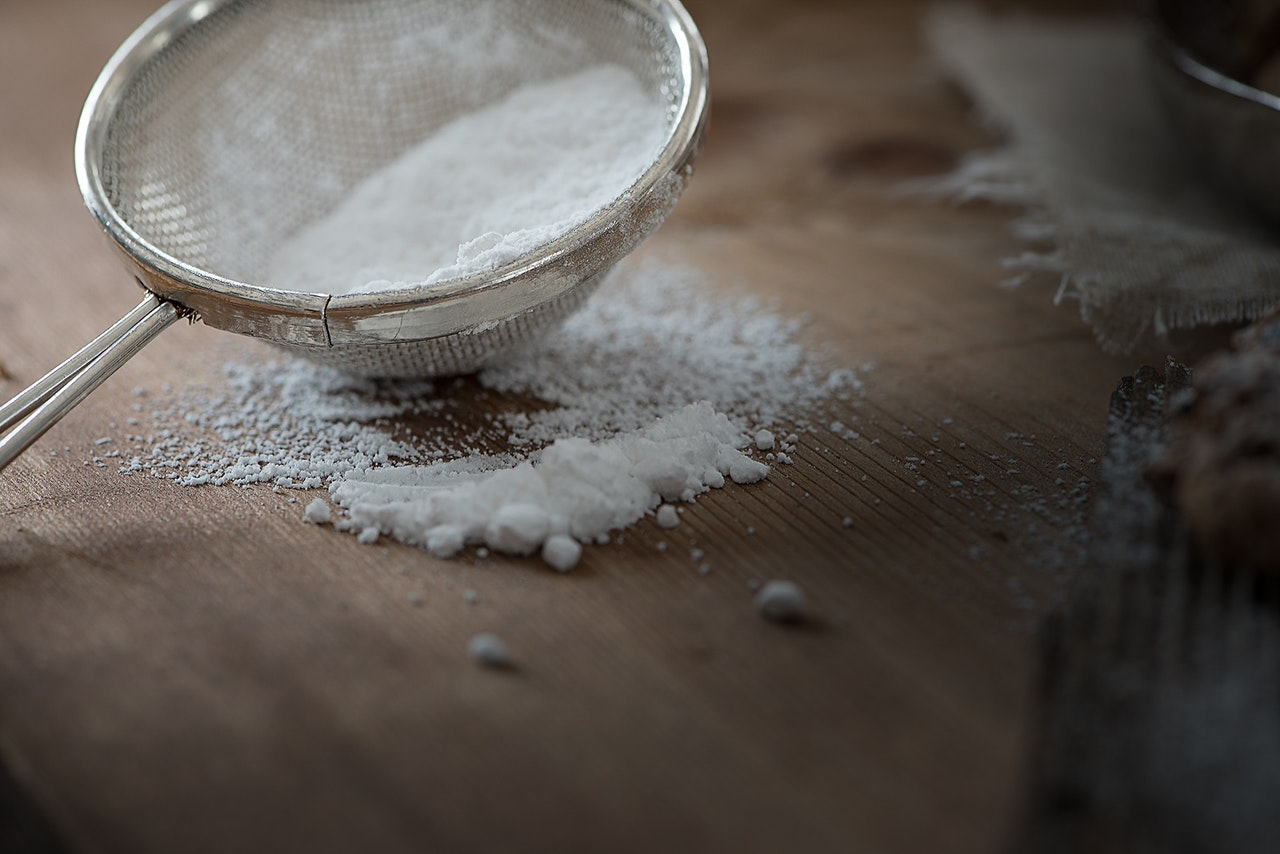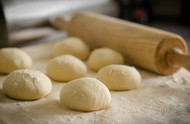What’s the difference between baking soda and baking powder?
By on Nov 12th 2018
It may seem rather cliché at this point, but baking really is a science. When baking, the ingredients and their quantities really do matter when it comes to yielding the perfect recipe. Sometimes, it can be tempting to either substitute or skip ingredients when you don’t have them available. This is possible, depending on the ingredients in question.
Two common ingredients that people often look to swap are baking soda and baking powder. While they may look the same and yes, their names are similar, they function differently when added to baked goods.

What is baking soda?
Baking soda, also known as sodium bicarbonate, is an alkaline compound with the formula NaHCO3. While it is a crystalline substance, it often appears as a fine white powder. You may also encounter the substance by one of its various other names, which include bread soda, cooking soda, bicarbonate of soda, sodium bicarb, bicarb soda, bicarbonate, and bicarb.
Baking soda is a common cooking ingredient and is primarily used as a quick-acting leavening agent in baking. When blended with moisture and an acidic ingredient (which includes yogurt, molasses, brown sugar, and chocolate), it creates carbon dioxide bubbles. This release of carbon dioxide expands the batter and creates the characteristic texture in cakes, pancakes, quick breads, cookies, and other baked and fried foods.
What is baking powder?
Baking powder is also a chemical leavening agent composed on a carbonate or bicarbonate and a weak acid. Another staple in the baking industry, baking powder is used to increase the volume and lighten the texture of baked goods. Like baking soda, baking powder works by releasing carbon dioxide gas bubbles into the batter or dough, leavening the mixture.
Baking powder works a lot like baking soda because most commercially-available baking powders actually contain baking soda, as well as one or more acid salts.
Can you substitute baking soda for baking powder?

Since baking soda and baking powder are so similar, it’s a common question to ask whether you can substitute one for the other. The answer is dependent on what, exactly, you’re looking to sub.
If you’re looking to substitute baking soda for baking powder, you can do it fairly easily if there is a strong enough acid to cause a reaction. Remember: the chemical reaction is necessary to leaven your baked good. For ½ teaspoon of baking soda, you will need either 1 cup of yogurt or 1 teaspoon of lemon juice, for example—remember when we said baking is a science?
It’s also important to remember that baking soda is much more potent than baking powder, so a substitution is not going to be equivalent. If a recipe calls for 1 teaspoon of baking powder, you’re only going to need ¼ teaspoon of baking soda.
Since baking powder contains baking soda, it is feasible to make your own at home with just a couple ingredients. This way, you don’t have to alter your recipes in any way but adding additional acid components to work with the baking soda. To make your own baking powder at home, simply sift ¼ cup cream of tartar and 2 tablespoons of baking soda through a fine mesh strainer. Sifting three times should result in a fully blended mixture.
Can you substitute baking powder for baking soda?
The short answer is no: we do not recommend trying to substitute baking powder for baking soda. Baking soda is much stronger than baking powder and is a much stronger leavener. If you try to provide enough leavening through baking powder, you might inadvertently ruin your recipe with too strong a chemical taste in your final product.
When it comes to using a strong leavener like baking soda in a recipe, you should always follow the recipe and use the exact quantities specified. Not using enough baking soda will result in a heavy product that did not rise properly. Too much baking soda will also produce a heavy result that causes your baked goods to fall.
Sources:
https://phys.org/news/2014-05-difference-soda-powder.html
https://www.bonappetit.com/test-kitchen/cooking-tips/article/baking-soda






